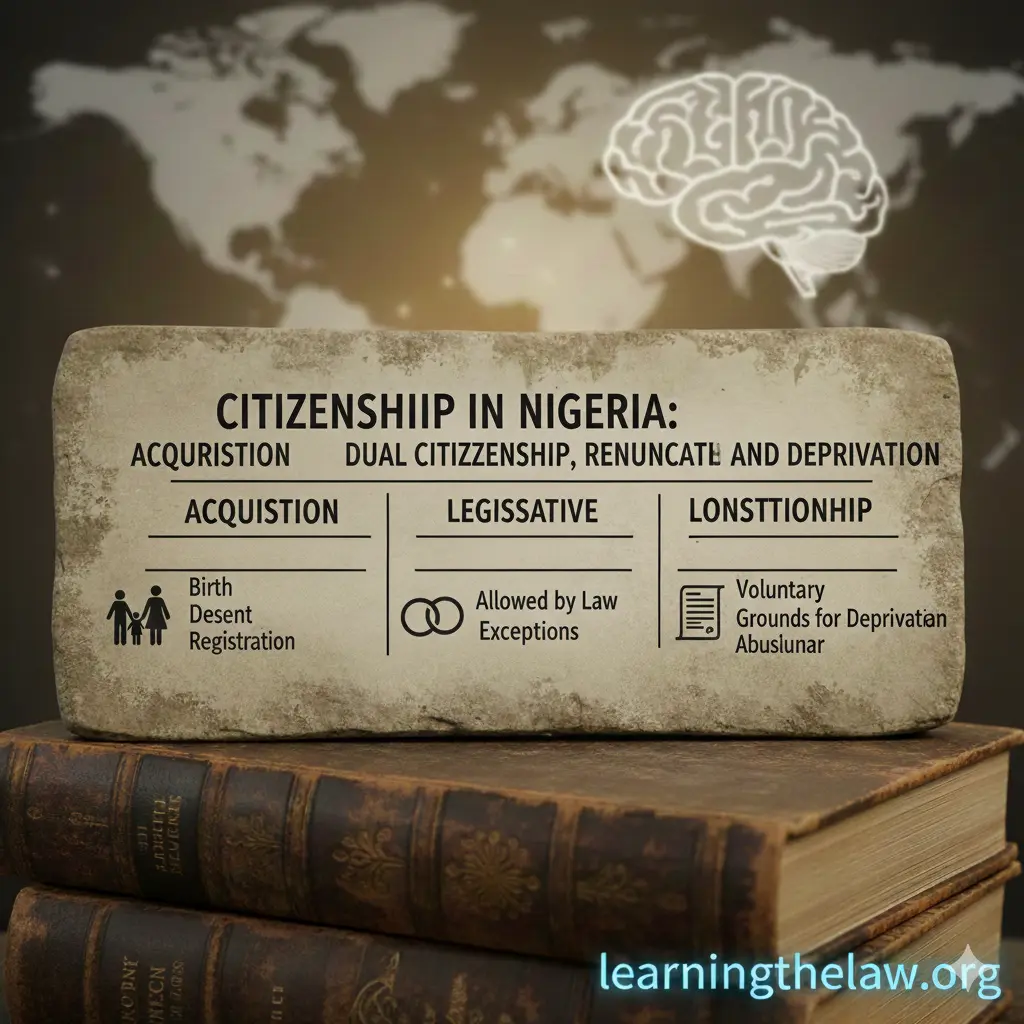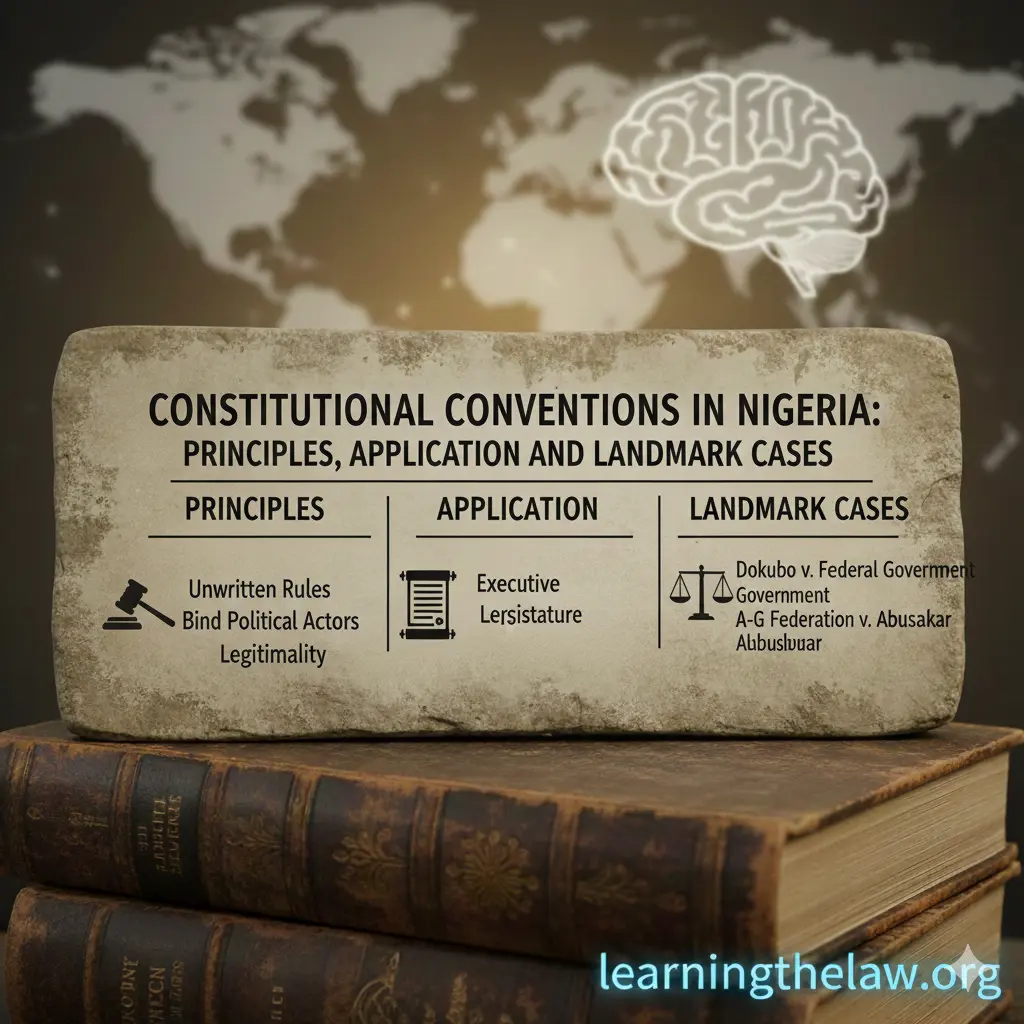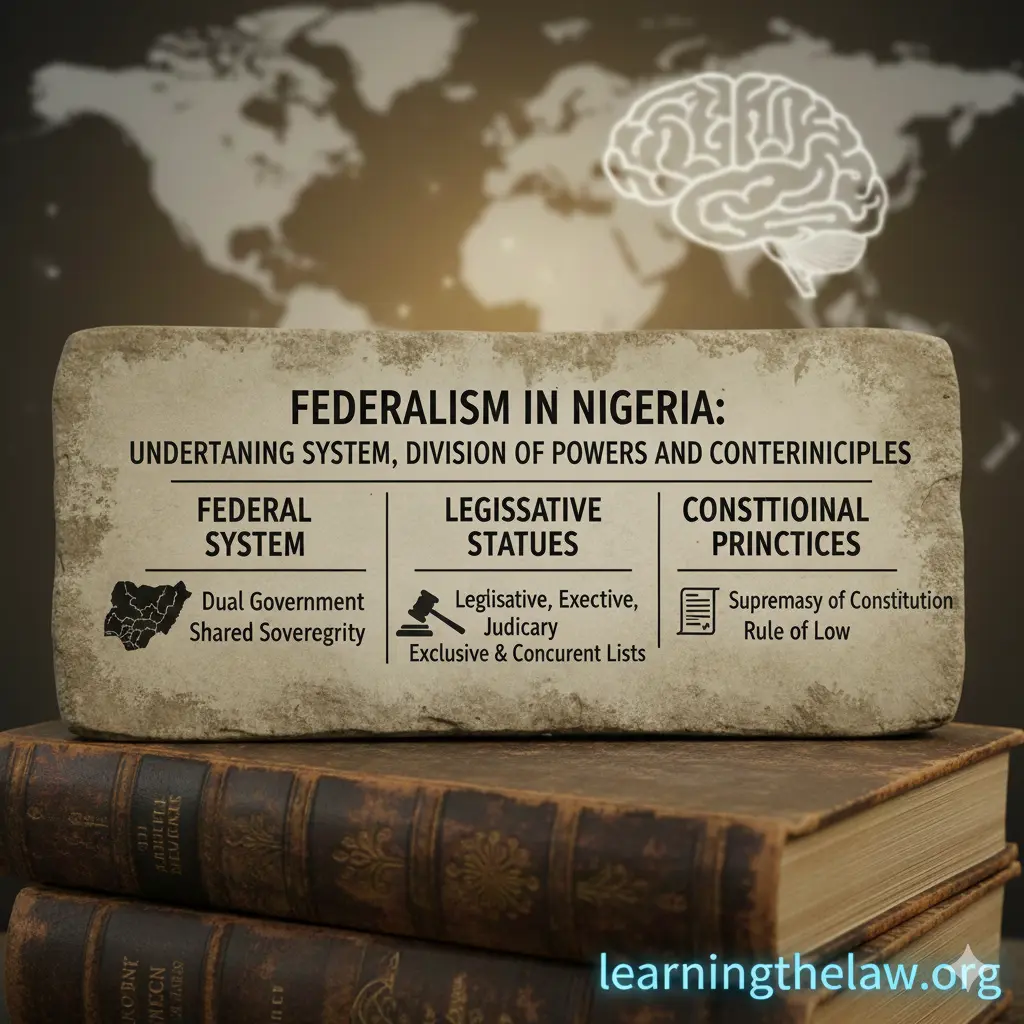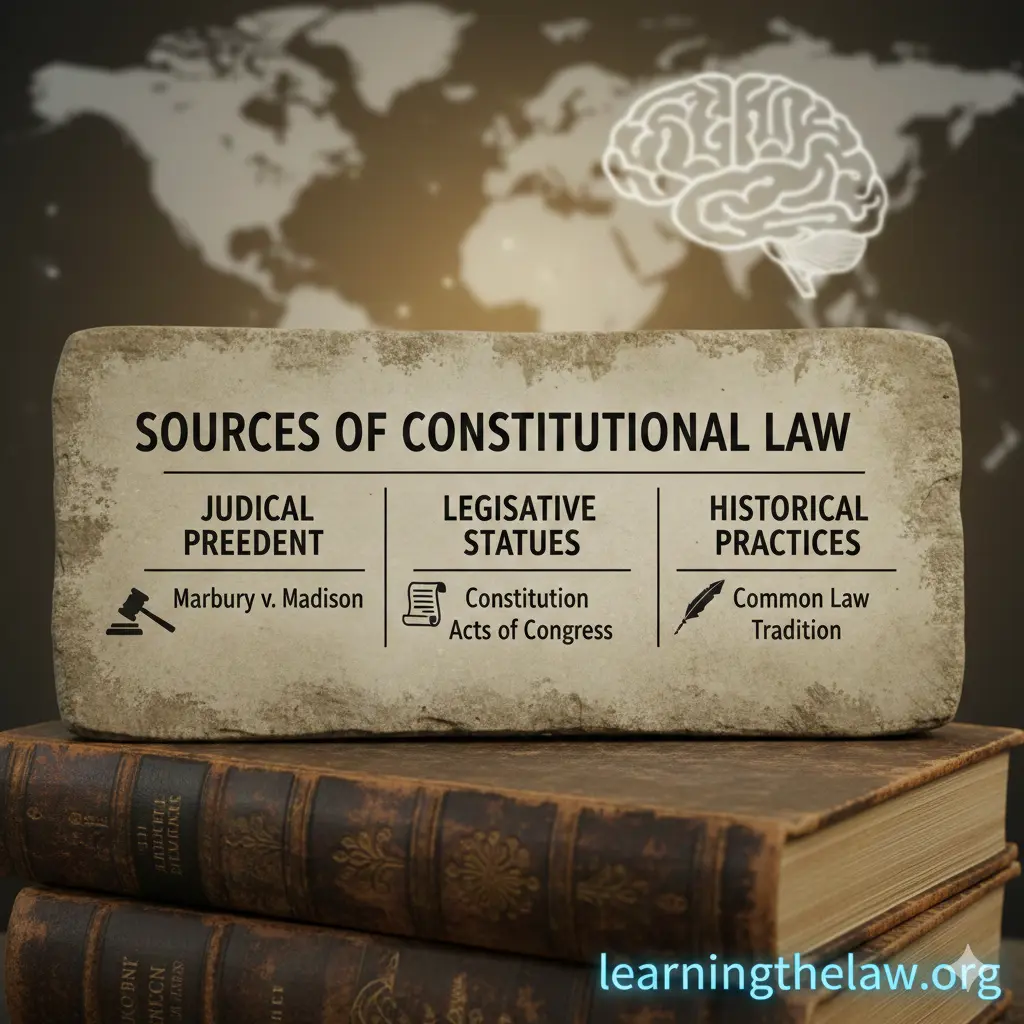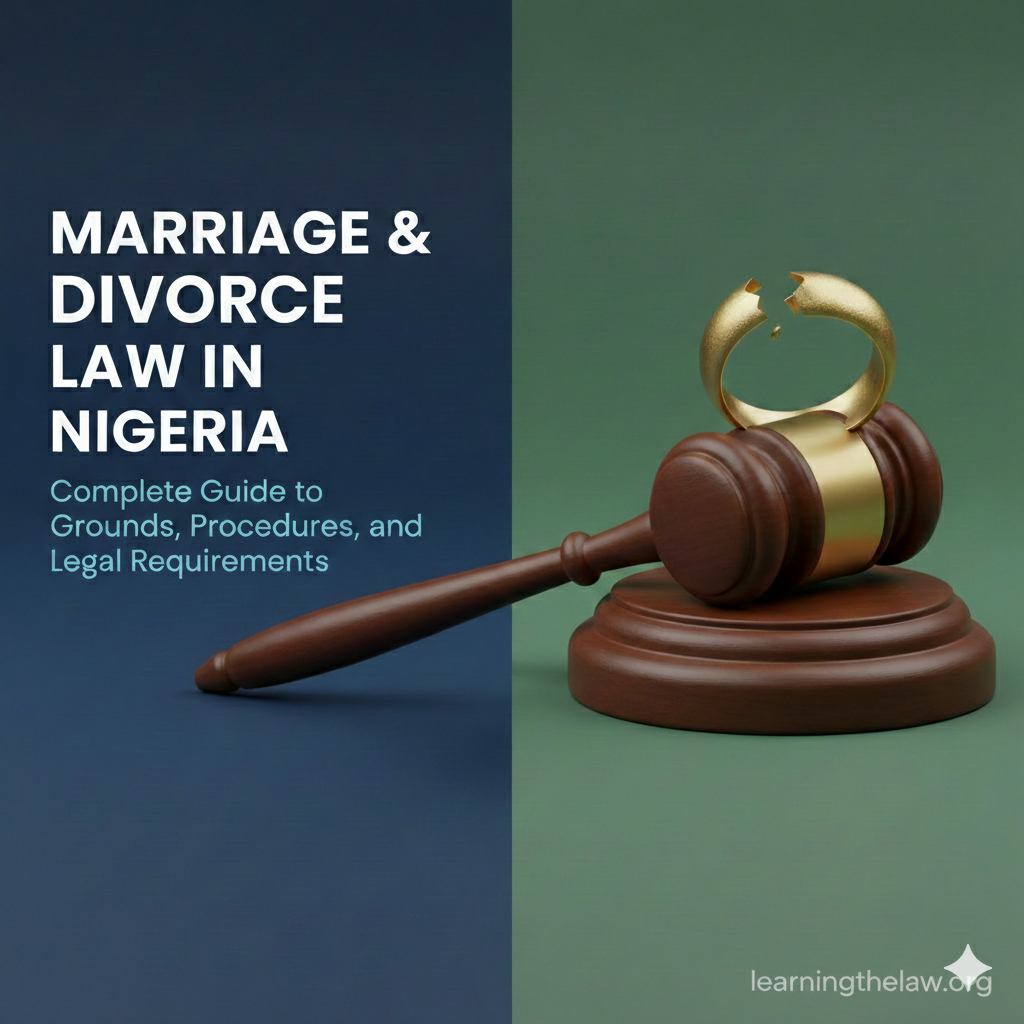Non Est Factum in Nigerian Law: When Can You Escape a Signed Contract?
Have you ever signed a document without fully understanding what it was? Perhaps you were told it was one thing, but it turned out to be something completely different? In Nigerian contract law, there's a legal defense called "non est factum" that can protect you in such situations—but only under very specific circumstances. This guide explains what non est factum means, when you can use it, and how Nigerian courts decide whether someone can escape a contract they signed by mistake. What Does Non Est Factum Mean? Non est factum is a Latin phrase that literally means "it is not my deed." It's...
Continue reading